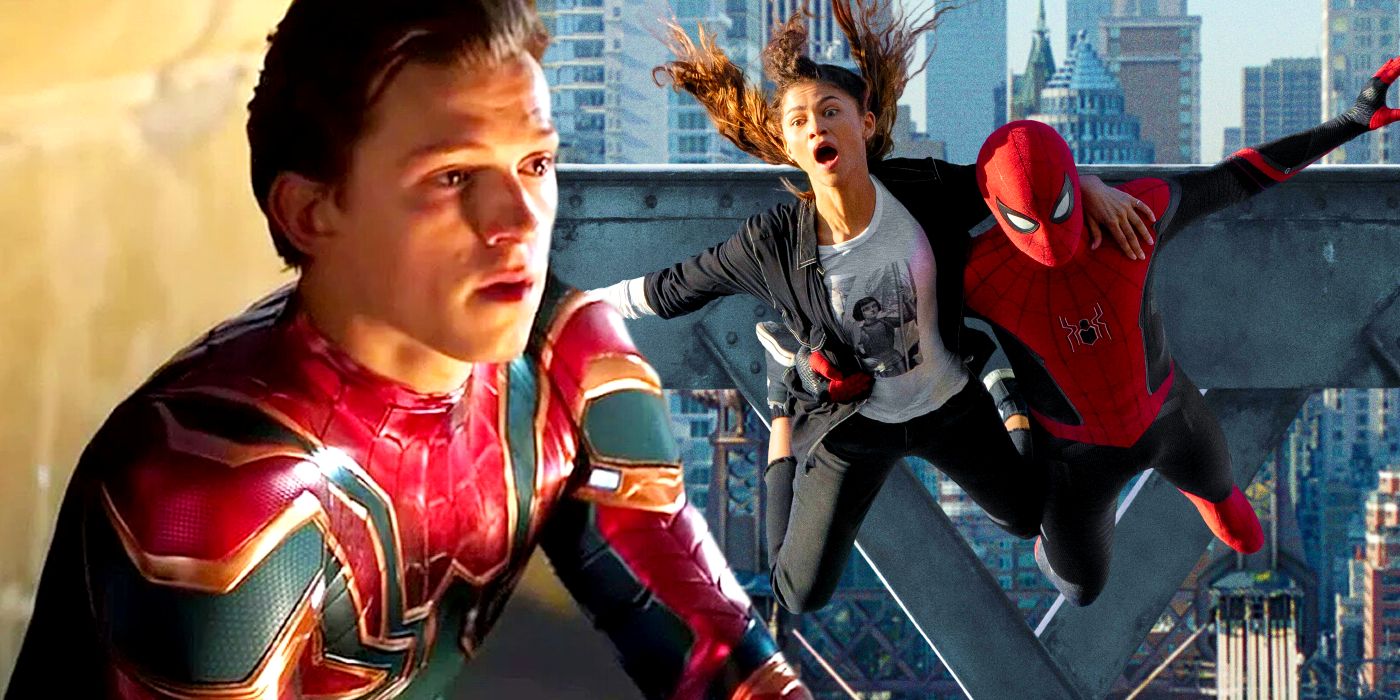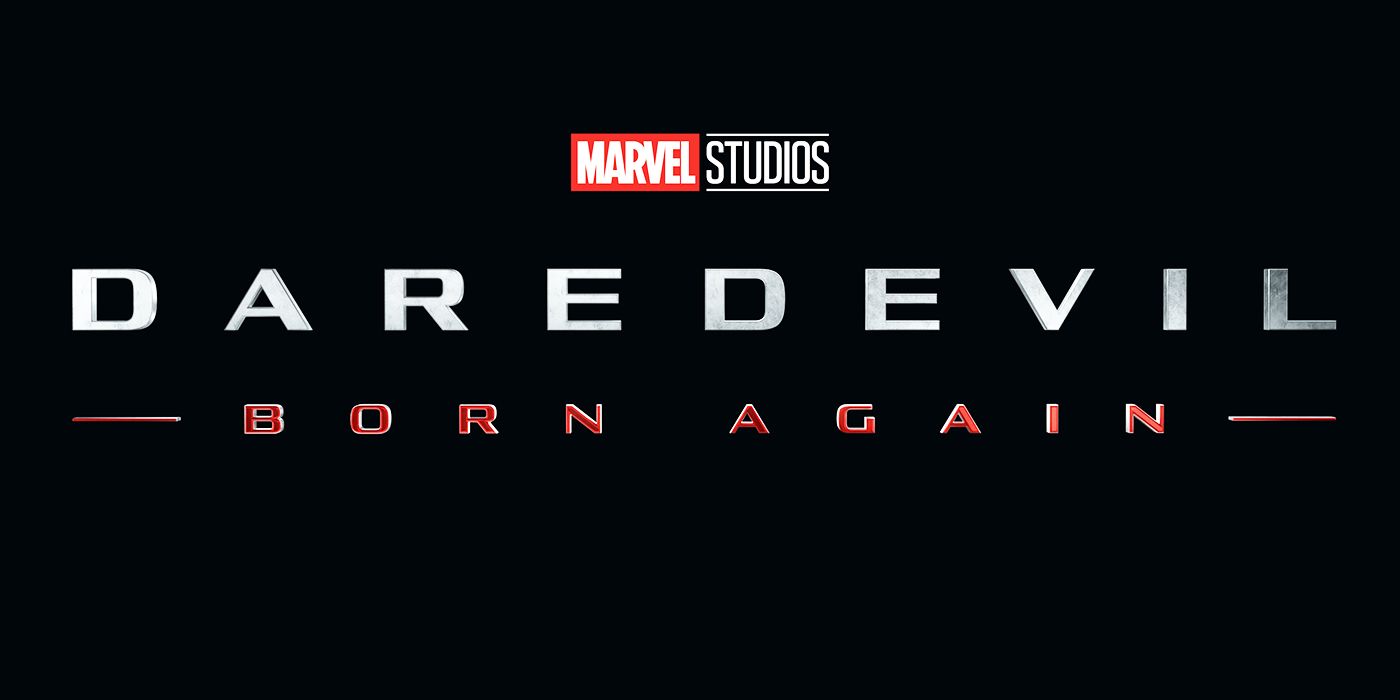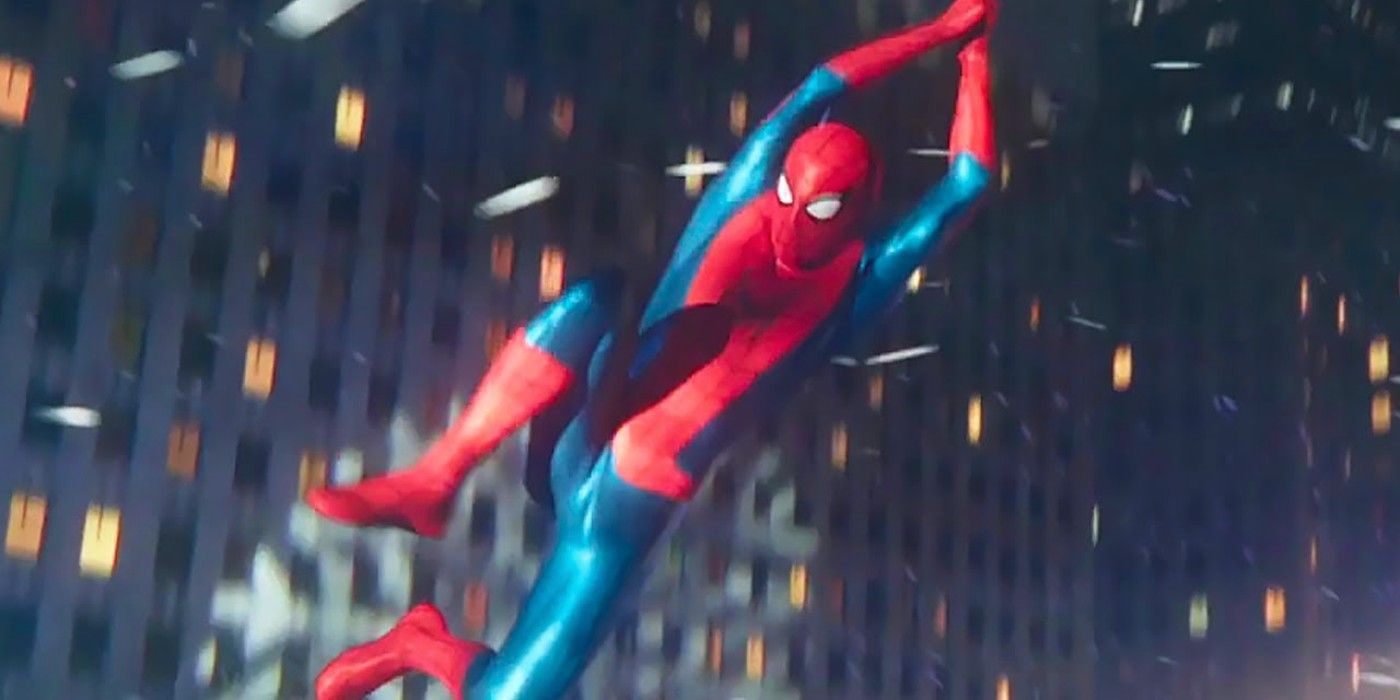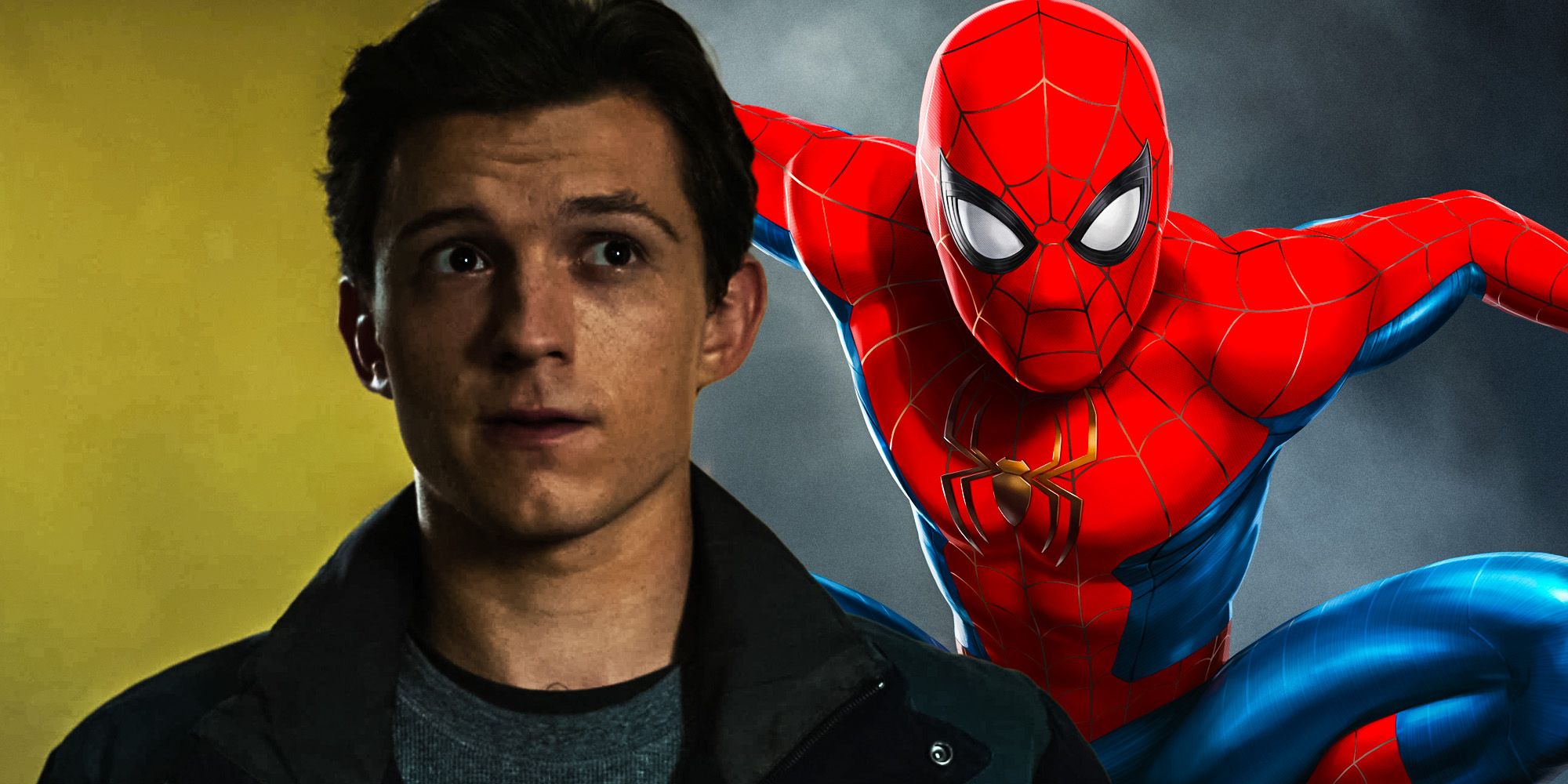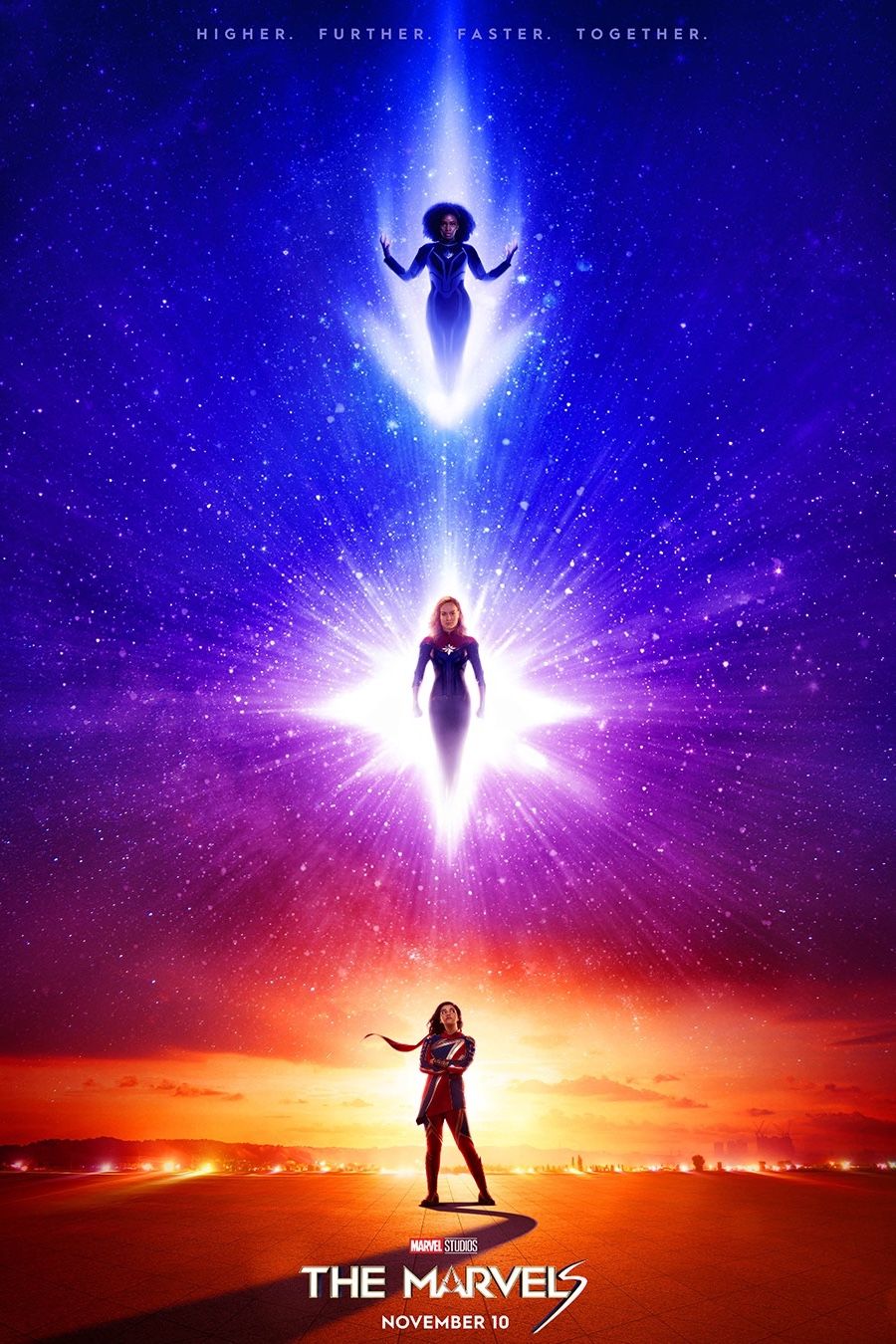The MCU’s Spider-Man was changed forever by Spider-Man: No Way Home, but his next adventure would work better as a television series than another film trilogy. The MCU opted to forgo a traditional origin story for Tom Holland’s Spider-Man (and continues to avoid it, since the Spider-Man: Freshman Year series isn’t part of the mainstream MCU), and the character has differed from his comic counterpart on a fundamental level in many regards, but No Way Home’s ending finally solidified him as the guilt-ridden loner he’s known as in the comics.
Amazing Fantasy 15 is the thesis of Spider-Man’s character, explaining not only his origin but something far more important: his sense of responsibility that he learned the hard way when his selfish actions led to his adopted father’s death. The Sam Raimi and Marc Webb Spider-Man film adaptations told this story well, but the MCU wished to make its Spider-Man different, so Tom Holland’s iteration is first shown as a protégé of Tony Stark, looking up to him as his father figure. Spider-Man’s inability to leave the shadow of Iron Man was the source of much criticism, especially among comic fans, but No Way Home finally portrayed a Spider-Man who was mostly bereft of Stark’s influence, lost his Stark technology by the end of the film, and finally learned his lesson about great power and great responsibility, albeit from a dying Aunt May under drastically different circumstances.
With a fresh start, thanks to Doctor Strange’s memory-erasing spell, Spider-Man’s poised to finally embody his down-on-his-luck everyman status from the comics. While a new slate of Spider-Man films has been announced by Sony and Marvel Studios, any mention of the web-slinger’s forthcoming live-action escapades were noticeably absent from 2022’s San Diego Comic-Con, which included numerous exciting MCU announcements. Later, Kevin Feige would clarify that Spider-Man and Daredevil would be headlining the MCU’s street-level superheroes, with the latter having a Disney+ reboot, Daredevil: Born Again, continuing where the Man Without Fear’s Netflix series, Daredevil, left off in season 3. With Spider-Man’s street-level status confirmed by both No Way Home’s ending and Kevin Feige himself, Peter Parker may be better suited to a television series than a new film trilogy. While quality Spider-Man stories can be told in any medium, a big-budget Disney+ show has the right pacing and scale for Peter Parker’s further adventures.
Daredevil: Born Again Makes A Spider-Man TV Show Perfect
With the announcement of Daredevil: Born Again and Feige’s comments regarding Spider-Man, it’s clear that the MCU is allowing smaller and more personal stories to be told alongside the grand-scale cosmic and mystical superhero escapades. The MCU’s Spider-Man was introduced in Captain America: Civil War as a strictly street-level hero, but he quickly became a member of Tony Stark’s pro-Sokovian Accords team. Despite Peter Parker’s resolution to remain a friendly neighborhood Spider-Man in Spider-Man: Homecoming, his following appearances see him becoming a full-fledged Avenger, battling Thanos on another planet, and stopping Mysterio’s seemingly Avengers-level threat across Europe before finally helping to save the multiverse itself from the Green Goblin in No Way Home.
Spider-Man’s street-level activities are referred to quite often in the MCU but rarely shown, so the announcement of a new Daredevil series and the MCU’s renewed focus on street-level adventures makes a Spider-Man TV show especially fitting in the MCU’s current era. Moreover, the Disney+ series, Hawkeye, proves that an intrinsically large-scale superhero known for their cinematic appearances like Clint Barton can easily work just as effectively as the star of a TV series and battling New York’s criminal underworld instead of a massive-scale threat like Loki or Thanos. MCU films tend to lean towards larger-scale menaces but a Disney+ series would be a great fit for Spider-Man’s smaller stories.
How The MCU Already Set Up A Spider-Man TV Show
Although No Way Home’s ending was melancholic for Spider-Man, it restored his secret identity, limited his ties to The Avengers, and left him with no support or high-tech gadgetry other than his own. Now Spider-Man is just a vigilante who is forced into early adulthood and self-reliance, just as he was in his early days in the comics. This is the perfect setup for a series of smaller-scale adventures with menace-of-the-week style antagonists and an overall slower pace. While Peter Parker is past the point of needing a mentor, given his experience as a superhero, his friendship and frequent partnership with Daredevil from the comics can be replicated in the MCU, and having both heroes star in TV shows would make such crossovers easier.
This isn’t to say that live-action Spider-Man films can’t accurately portray the mundane sides of Peter Parker’s life and juxtapose them with his outlandish superhero escapades. Films like 2002’s Spider-Man, Spider-Man 2, and The Amazing Spider-Man all did excellent jobs of highlighting Peter’s relatively normal life outside of his Spider-Man activities, but major status quo changes are inevitable in Spider-Man films, so to have another movie raise the stakes of Peter’s adventures once again and perhaps pull him back into the cosmic and mystic sides of the MCU within a film’s runtime might be too abrupt of a change, considering how perfect Peter’s new status quo is at the end of No Way Home. If nothing else, a season of a Disney+ series would give viewers more time to get acquainted with Peter’s new life before altering it once again.
Spider-Man's TV Series Would Have One Huge Problem
The idea of an MCU Spider-Man series isn’t without its potential pitfalls, however, and the biggest one is budget concerns. As small-scale as Spider-Man’s stories can be, Peter Parker’s superpowers (and those of many of his villains) are difficult to imagine in a live-action production without a feature film’s budget. Swinging through New York on webs has been excellently depicted on film, but TV budget constraints could easily result in a series that looks underwhelming compared to Spider-Man’s two decades of movies. A Spider-Man TV series could therefore easily end up being one of Disney’s most expensive productions. However, despite this potential drawback, the serialized format undoubtedly lends itself perfectly to the smaller-scale stories befitting of the now street-level superhero.

